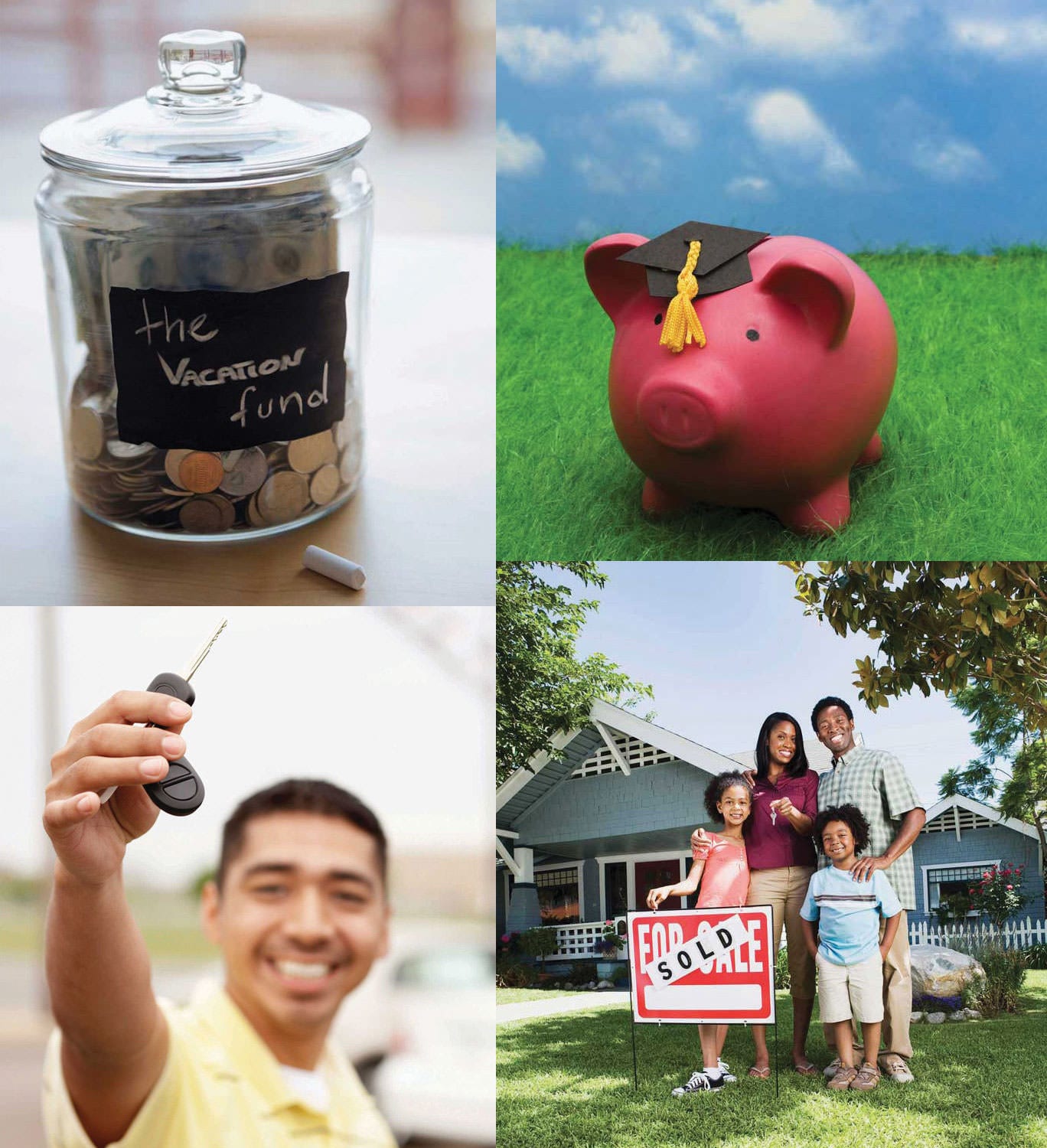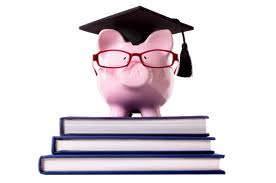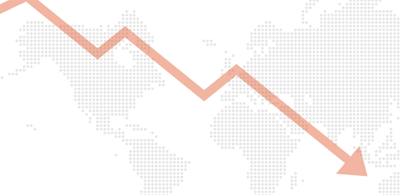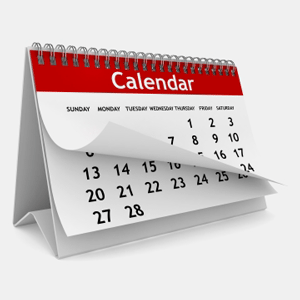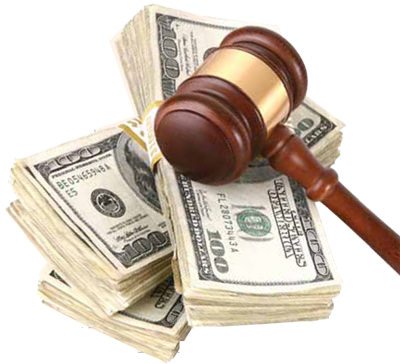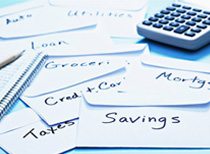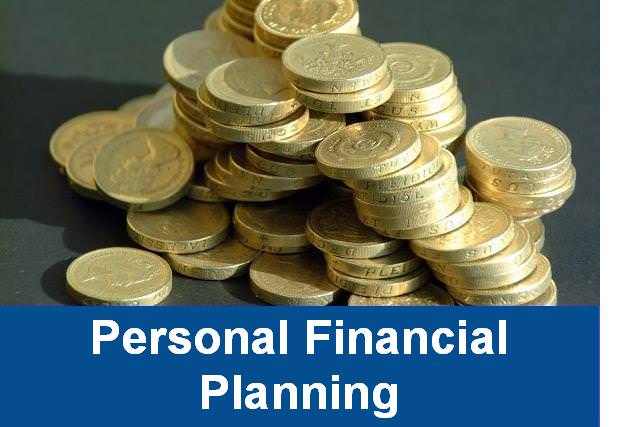Personal finances – Managing Your Money
Once you dig a hole in your personal finances it can almost seem impossible to get out. Although you may have found yourself in a financial bind, there is a way out. The first step is to realize that you need to make a change in your life in order to get yourself out of your financial bind. Take the time to read through this article to see what you can learn about reestablishing your financial standing, and to get your personal finances in order for the rest of your life. That way you can worry about how you are going to have fun spending your money, rather than how you are going to keep it.
Start to think about how much money you make, and how much your bills are. If you are barely getting by every month then you are going to want to look for a higher paying job. You are either going to want to look for a better job, or you are going to want to get a second job. You need to have a good steady stream of income coming in so that you can start putting money aside. So your first priority is going to be to have to figure out a way to make enough money to pay your bills, and to have some money left over at the end of every month in order to start saving.
Paying off your debt is going to be something you are seriously going to have to consider. Once you can find a way to pay off your debt you are going to feel a lot better about your personal finances. People need a little time in order to figure out how to pay off their debt, yet you can make moves today. If you are serious about paying off your debt then you are going to have to make cut backs in your life. Stop eating out as much, don’t go out anymore, and start budgeting your money very tightly. This is the only way you are going to figure out a way to pay off your debt.
Credit Cards for Personal Banking – Personal Finances
Consult with your bank and credit card companies to see if you can consolidate your debt. This is a good way to find some breathing room, and to buy a little time for yourself so that you can start saving a little money. Then when you have the time start to slowly pay back your debt little by little.
There is nothing wrong with the way you have been living life up to this point. Everyone finds themselves in a financial crisis at some point in their life. Yet if you find a way to get out of it you become that much better of a person the process, and you know you can adapt to any situation. Start figuring out ways to better your financial position today, that way you can feel comfortable about life for the future. Everyone knows your financial standing plays a role in how happy you are, so make yourself happy and get your finances in order today.
